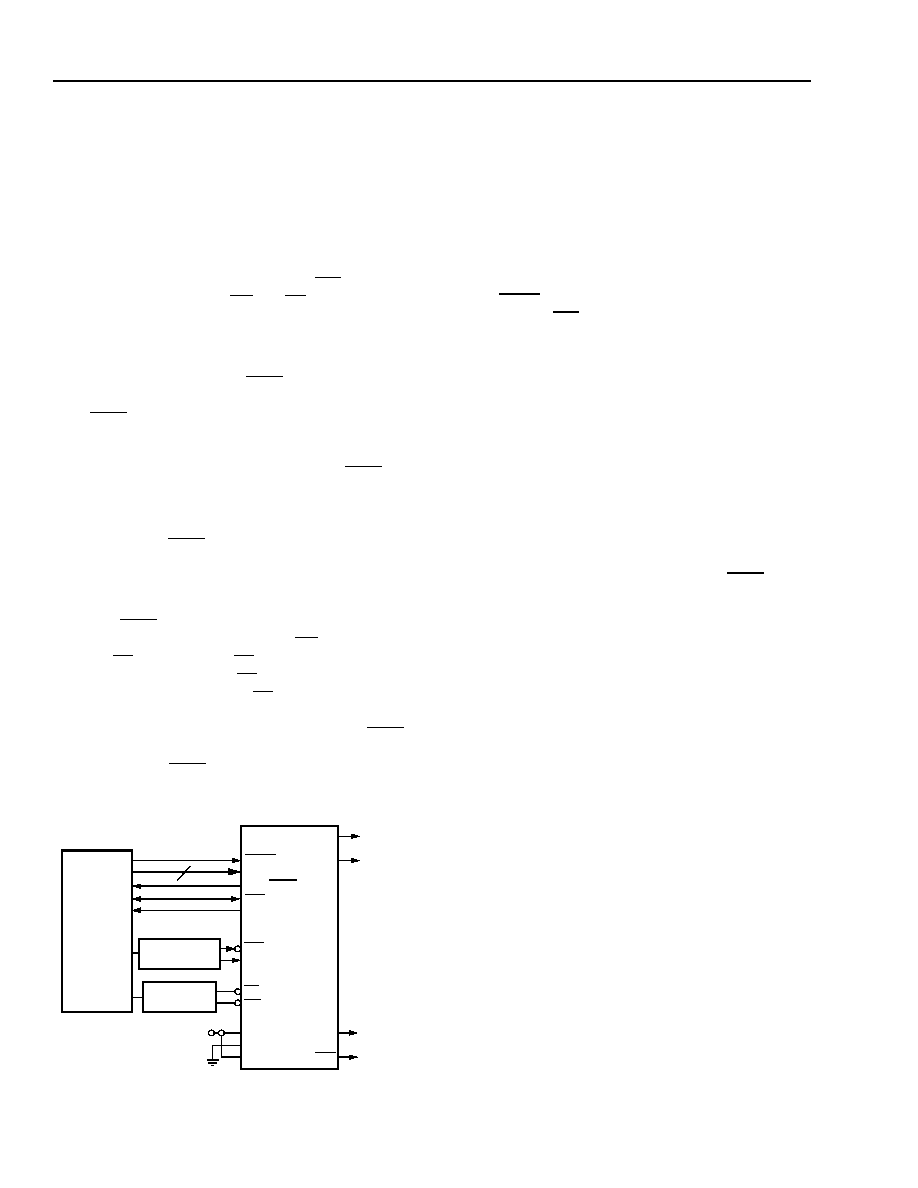- 您現(xiàn)在的位置:買賣IC網(wǎng) > PDF目錄299576 > OR3T55-4BA352I FPGA, 324 CLBS, 40000 GATES, 80 MHz, PBGA352 PDF資料下載
參數(shù)資料
| 型號: | OR3T55-4BA352I |
| 元件分類: | FPGA |
| 英文描述: | FPGA, 324 CLBS, 40000 GATES, 80 MHz, PBGA352 |
| 封裝: | PLASTIC, BGA-352 |
| 文件頁數(shù): | 201/210頁 |
| 文件大?。?/td> | 2138K |
| 代理商: | OR3T55-4BA352I |
第1頁第2頁第3頁第4頁第5頁第6頁第7頁第8頁第9頁第10頁第11頁第12頁第13頁第14頁第15頁第16頁第17頁第18頁第19頁第20頁第21頁第22頁第23頁第24頁第25頁第26頁第27頁第28頁第29頁第30頁第31頁第32頁第33頁第34頁第35頁第36頁第37頁第38頁第39頁第40頁第41頁第42頁第43頁第44頁第45頁第46頁第47頁第48頁第49頁第50頁第51頁第52頁第53頁第54頁第55頁第56頁第57頁第58頁第59頁第60頁第61頁第62頁第63頁第64頁第65頁第66頁第67頁第68頁第69頁第70頁第71頁第72頁第73頁第74頁第75頁第76頁第77頁第78頁第79頁第80頁第81頁第82頁第83頁第84頁第85頁第86頁第87頁第88頁第89頁第90頁第91頁第92頁第93頁第94頁第95頁第96頁第97頁第98頁第99頁第100頁第101頁第102頁第103頁第104頁第105頁第106頁第107頁第108頁第109頁第110頁第111頁第112頁第113頁第114頁第115頁第116頁第117頁第118頁第119頁第120頁第121頁第122頁第123頁第124頁第125頁第126頁第127頁第128頁第129頁第130頁第131頁第132頁第133頁第134頁第135頁第136頁第137頁第138頁第139頁第140頁第141頁第142頁第143頁第144頁第145頁第146頁第147頁第148頁第149頁第150頁第151頁第152頁第153頁第154頁第155頁第156頁第157頁第158頁第159頁第160頁第161頁第162頁第163頁第164頁第165頁第166頁第167頁第168頁第169頁第170頁第171頁第172頁第173頁第174頁第175頁第176頁第177頁第178頁第179頁第180頁第181頁第182頁第183頁第184頁第185頁第186頁第187頁第188頁第189頁第190頁第191頁第192頁第193頁第194頁第195頁第196頁第197頁第198頁第199頁第200頁當前第201頁第202頁第203頁第204頁第205頁第206頁第207頁第208頁第209頁第210頁

90
Lucent Technologies Inc.
Preliminary Data Sheet, Rev. 1
ORCA Series 3 FPGAs
September 1998
FPGA Configuration Modes (continued)
Asynchronous Peripheral Mode
Figure 56 shows the connections needed for the asyn-
chronous peripheral mode. In this mode, the FPGA
system interface is similar to that of a microprocessor-
peripheral interface. The microprocessor generates the
control signals to write an 8-bit byte into the FPGA. The
FPGA control inputs include active-low CS0 and active-
high CS1 chip selects and WR and RD inputs. The chip
selects can be cycled or maintained at a static level
during the configuration cycle. Each byte of data is writ-
ten into the FPGA’s D[7:0] input pins.
The FPGA provides an RDY/BUSY status output to
indicate that another byte can be loaded. A low on
RDY/BUSY indicates that the double-buffered hold/shift
registers are not ready to receive data, and this pin
must be monitored to go high before another byte of
data can be written. The shortest time RDY/BUSY is
low occurs when a byte is loaded into the hold register
and the shift register is empty, in which case the byte is
immediately transferred to the shift register. The long-
est time for RDY/BUSY to remain low occurs when a
byte is loaded into the holding register and the shift
register has just started shifting configuration data into
configuration RAM.
The RDY/BUSY status is also available on the D7 pin
by enabling the chip selects, setting WR high, and
applying RD low, where the RD input provides an output
enable for the D7 pin when RD is low. The D[6:0] pins
are not enabled to drive when RD is low and, therefore,
only act as input pins in asynchronous peripheral
mode. Optionally, the user can ignore the RDY/BUSY
status and simply wait until the maximum time it would
take for the RDY/BUSY line to go high, indicating the
FPGA is ready for more data, before writing the next
data byte.
Figure 56. Asynchronous Peripheral Configuration
Microprocessor Interface (MPI) Mode
The built-in MPI in Series 3 FPGAs is designed for use
the glueless interface for FPGA configuration and read-
back from the
PowerPC and i960 processors, respec-
tively. When enabled by the mode pins, the MPI
handles all configuration/readback control and hand-
shaking with the host processor. For single FPGA con-
figuration, the host sets the configuration control
register PRGM bit to zero then back to a one and, after
reading that the INIT signal is high in the MPI status
register, transfers data 8 bits at a time to the FPGA’s
D[7:0] input pins.
If configuring multiple FPGAs through daisy-chain
operation is desired, the MP_DAISY bit must be set in
the configuration control register of the MPI. Because
of the latency involved in a daisy-chain configuration,
the MP_HOLD_BUS bit may be set to zero rather than
one for daisy-chain operation. This allows the MPI to
acknowledge the data transfer before the configuration
information has been serialized and transferred on the
FPGA daisy-chain. The early acknowledgment frees
the host processor to perform other system tasks. Con-
figuring with the MP_HOLD_BUS bit at zero requires
that the host microprocessor poll the RDY/BUSY bit of
the MPI status register and/or use the MPI interrupt
capability to confirm the readiness of the MPI for more
configuration data.
There are two options for using the host interrupt
request in configuration mode. The configuration con-
trol register offers control bits to enable the interrupt on
either a bit stream error or to notify the host processor
when the FPGA is ready for more configuration data.
The MPI status register may be used in conjunction
with, or in place of, the interrupt request options. The
status register contains a 2-bit field to indicate the bit
stream error status. As previously mentioned, there is
also a bit to indicate the MPI’s readiness to receive
another byte of configuration data. A flow chart of the
MPI
configuration process is shown in Figure 59. The
MPI
status and configuration register bit maps can be
found in the Special Function Blocks section and MPI
configuration timing information is available in the Tim-
ing Characteristics section of this data sheet.
MICRO-
PROCESSOR
D[7:0]
CS1
M2
M1
M0
HDC
ORCA
SERIES
FPGA
8
LDC
VDD
DONE
CS0
DOUT
CCLK
TO DAISY-
CHAINED
DEVICES
BUS
CONTROLLER
ADDRESS
DECODE LOGIC
RD
WR
RDY/BUSY
INIT
PRGM
5-4484(F)
相關(guān)PDF資料 |
PDF描述 |
|---|---|
| OR3T55-4BA352 | FPGA, 324 CLBS, 40000 GATES, 80 MHz, PBGA352 |
| OR3T80-4BA352I | FPGA, 484 CLBS, 58000 GATES, 80 MHz, PBGA352 |
| OR3T80-4BA352 | FPGA, 484 CLBS, 58000 GATES, 80 MHz, PBGA352 |
| OR3T125-4BC432I | FPGA, 784 CLBS, 92000 GATES, 80 MHz, PBGA432 |
| OR3T80-4BC432I | FPGA, 484 CLBS, 58000 GATES, 80 MHz, PBGA432 |
相關(guān)代理商/技術(shù)參數(shù) |
參數(shù)描述 |
|---|---|
| OR3T55-4PS208I | 制造商:未知廠家 制造商全稱:未知廠家 功能描述:Field Programmable Gate Array (FPGA) |
| OR3T55-4PS240I | 制造商:未知廠家 制造商全稱:未知廠家 功能描述:Field Programmable Gate Array (FPGA) |
| OR3T55-5BA256 | 制造商:AGERE 制造商全稱:AGERE 功能描述:3C and 3T Field-Programmable Gate Arrays |
| OR3T55-5BA256I | 制造商:AGERE 制造商全稱:AGERE 功能描述:3C and 3T Field-Programmable Gate Arrays |
| OR3T55-5BA352 | 制造商:AGERE 制造商全稱:AGERE 功能描述:3C and 3T Field-Programmable Gate Arrays |
發(fā)布緊急采購,3分鐘左右您將得到回復。